Project Description
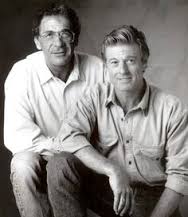
Love Robert Redford’s take on one of his favorite movie directors, Sydney Pollack
Redford on Pollack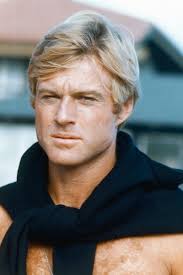
Director Sydney Pollack had a special relationship with star Robert Redford, whom he directed in seven films including Out of Africa, The Way We Were, and Three Days of the Condor. Redford spoke to TIME about his old friend, who died Monday of cancer at the age of 73.How long did you know each other?
I’ve known him for 48 years, almost half a century. We met on a film in 1960. It was a low-budget black-and-white independent film called War Hunt. He was an actor. I was an actor. It was the first film I ever acted in. He and I became friends on that film and we became I would say kindred spirits. Like any novice artists starting out, we decided that we knew everything that was wrong about the production. We commiserated on it and we kind of bonded on that. We had very similar sensibilities and I think very similar ambitions to do special work, or at least what we thought was special.
What was it about him that allowed you to work together so well so often?
Because of where he was from, South Bend, Indiana, Sydney had a real love of pop culture and pop celebrity, but he was smart enough to mask that with more abstract ways of thinking. He had a very strong sense of commerciality, and that’s why he always worked with stars. I think he grew up in a community where stars where very important. He used to tell me, “I went to the movies to see people like Natalie Wood and Judy Garland.” He was taken with that part of the business and I think he wanted to be part of that business, but he was smart enough to know that he could sort of cover that with a more offbeat intellectual style, and I think that was his great gift — to cover what could have been just sort of crass commercial filmmaking with a whole artistic [approach] that was more abstracted and was more hip and was more offbeat. So I think Sydney’s ability to connect the more commercial strain with the more abstract was a special gift.
Much like you, Sydney was an actor, director, and producer. Did he enjoy tackling all those roles?
I think he always had it on his mind he would like to be a producer. I think that in his later years, he went in that direction because perhaps he got more tired of directing. I think that the best times that he and I had were when the film industry was a different business. It was mainly because, in more of the films he and I did during the time we worked together, we were going against the grain. The business has so drastically changed now, it’s just a completely different business than it was. And I don’t know that we could ever produce the fun he and I had during the ’60s, ’70s and ’80s, when we were constantly trying to forge projects that were going to be hard to get the studios to go with and working against those odds. A lot of the appeal was it was great fun. Success I think kind of changed that.
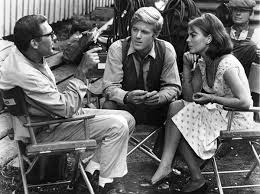 I think when success comes, something else enters the picture. There’s a new kind of pressure that enters the picture and you’re no longer in the position you were when you were working uphill and so much against the grain. I think around the time that came, Sydney became more interested in being in total control and being more of a producer. I think that’s sort of where he went. And I went in a slightly different direction. I went more in the world of independent films. But we still stayed close and our families grew up together. We shared a lot of time together.
I think when success comes, something else enters the picture. There’s a new kind of pressure that enters the picture and you’re no longer in the position you were when you were working uphill and so much against the grain. I think around the time that came, Sydney became more interested in being in total control and being more of a producer. I think that’s sort of where he went. And I went in a slightly different direction. I went more in the world of independent films. But we still stayed close and our families grew up together. We shared a lot of time together.
Even as a producer, he did big movies with Anthony Minghella like The Talented Mr. Ripley and Cold Mountain. Did you ever try to get him to go the more independent route?
I think Sydney’s heart was more in those [commercial] films. His track record shows that his instinct was always to go to with stars and large films. And at one point, I said, “Why don’t we just get a handheld and go out and do a little black-and-white?” I just don’t think he was that interested in that. I think he was interested in larger scale films.
Did y’all ever talk in later years about how far you had come from that first movie in 1960?
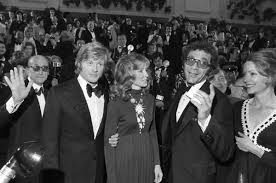 When I would go to see him these last months, I just remember telling him — because I didn’t know what was going to stick or not — I said, “You know Sydney, the most fun I had was in those years, when we were doing original pieces and not adaptations and not remakes or anything like that” — when we were doing original pieces about something, and it was fun because it was always going slightly uphill, and you’re always fighting against whatever obstacles there were. When I look back on it I realize how much fun it was. I said, I don’t know about you, but success is a funny game. I don’t know that the most fun wasn’t when you were striving toward it, rather than achieving it.
When I would go to see him these last months, I just remember telling him — because I didn’t know what was going to stick or not — I said, “You know Sydney, the most fun I had was in those years, when we were doing original pieces and not adaptations and not remakes or anything like that” — when we were doing original pieces about something, and it was fun because it was always going slightly uphill, and you’re always fighting against whatever obstacles there were. When I look back on it I realize how much fun it was. I said, I don’t know about you, but success is a funny game. I don’t know that the most fun wasn’t when you were striving toward it, rather than achieving it.
 Sydney Pollack was an American film director, producer and actor. Pollack directed more than 21 films and 10 television shows, acted in over 30 films or shows, and produced over 44 films.
Sydney Pollack was an American film director, producer and actor. Pollack directed more than 21 films and 10 television shows, acted in over 30 films or shows, and produced over 44 films.
Some of his Directing and producing
1965 The Slender Thread Director
1966 This Property Is Condemned Director
1968 The Scalphunters Director
1969 They Shoot Horses, Don’t They? Director
1972 Jeremiah Johnson Director
1973 The Way We Were Director
1975 Three Days of the Condor Director
1977 Bobby Deerfield Director, producer
1979 The Electric Horseman Director
1981 Absence of Malice Director
1982 Tootsie Director, producer, actor
1985 Out of Africa Director, producer
1988 Bright Lights, Big City Producer
1989 The Fabulous Baker Boys
1990 Havana Director
1990Presumed Innocent Producer
1993 The Firm Director, producer
1993 Searching for Bobby Fischer
1995 Sabrina Director, producer
1995 Sense and Sensibility
1998 Sliding Doors Producer
1999 Random Hearts Director
1999 The Talented Mr. Ripley Executive
2001 Iris Executive producer
2002 The Quiet American Executive producer
2003 Cold Mountain Producer
2005 Sketches of Frank Gehry Director, executive producer
The Interpreter Director
2006 Breaking and Entering Producer
2007 Michael Clayton Producer, actor
2007 Leatherheads Executive producer


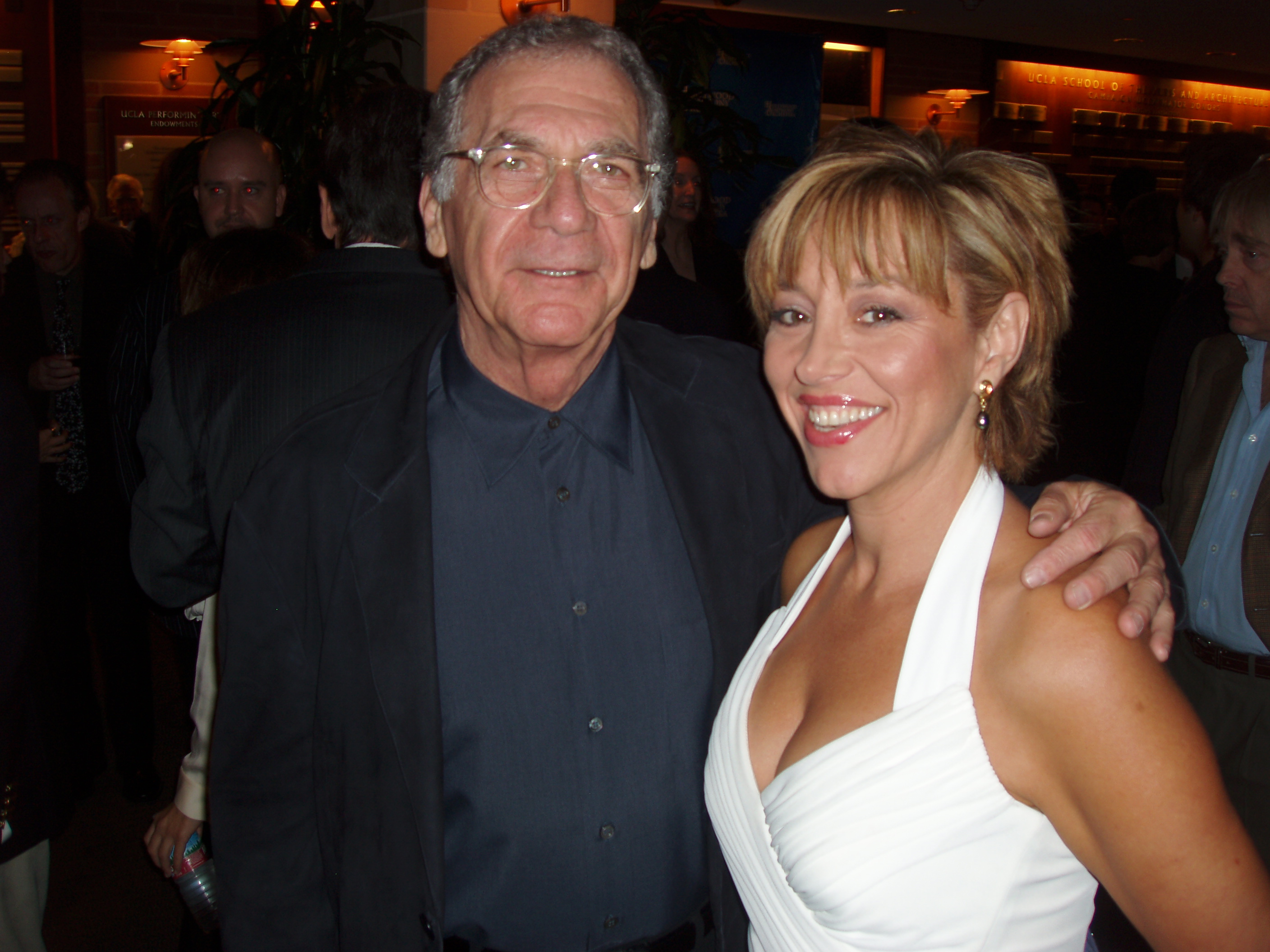
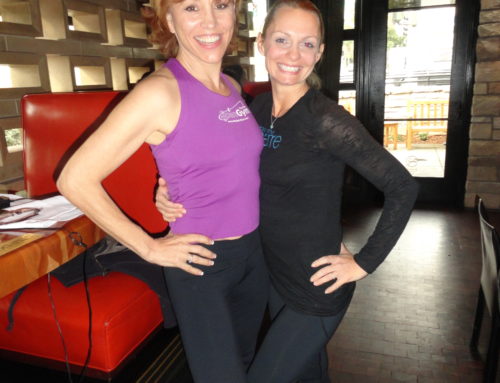
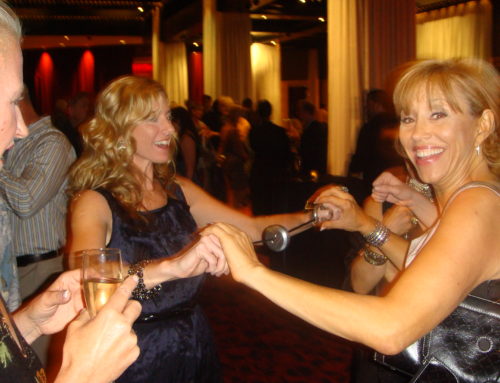
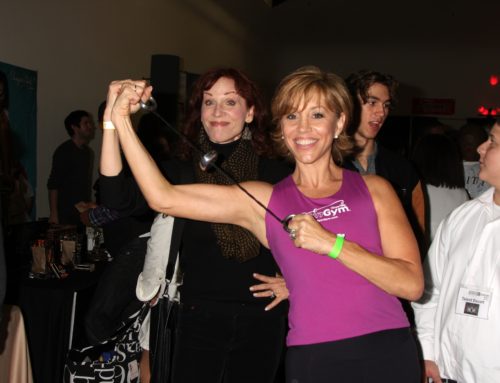
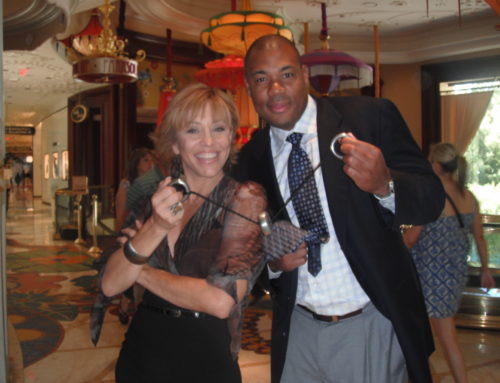
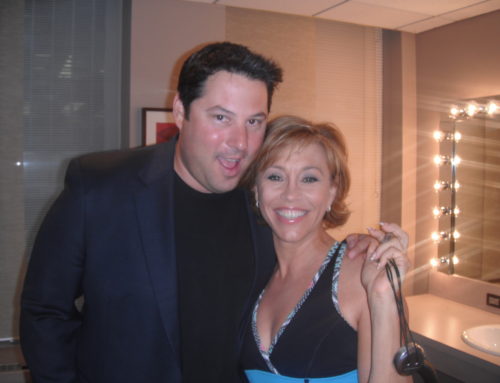
THe greatest.